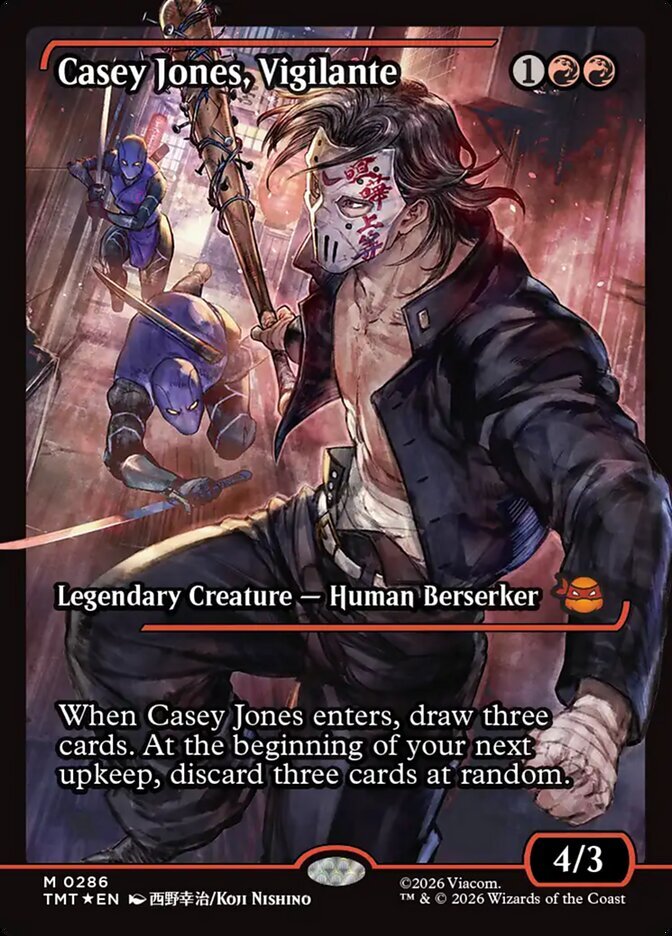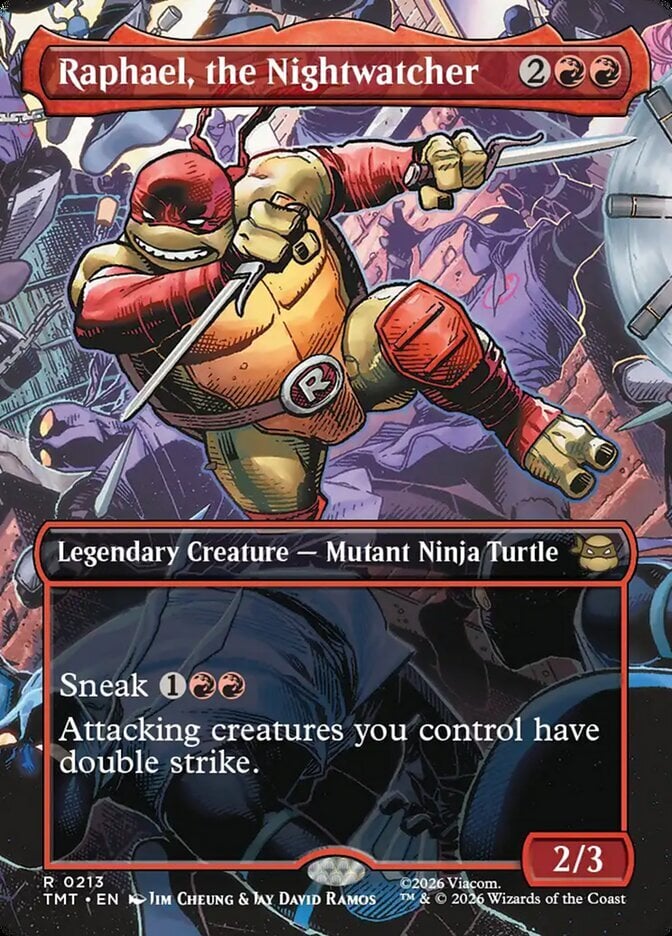24-Sep-2012 12:29
(Last edited: 25-Sep-2012 20:25)
1
Okay. I've been playing quite a while now, but until recently all were casual/kitchen table matches. Over the past nine months or so, I've been enjoying FNM and Saturday Magic, but have only ever played Standard in sanctioned events. Some of the Saturday group want to play Commander more. I've never played that format, but have some basic knowledge of it, and am looking for some tips on building an EDH deck.
Here's what I know:
Here's what I don't know/need to know:
Your input will be greatly appreciated.
UPDATE: For now, my options are limited to the cards I currently own. I will look at acquiring other recommended cards after I have a chance to play the format a few times, to decide whether or not I like it. If able to provide feedback based on my current inventory options, alongside any other general recommendations, it will be greatly appreciated.
Thanks!
Here's what I know:
- 100 card deck (including the commander)
- Not more than one of each card except for basic lands
- One Legendary Creature as the commander
- All other cards in the deck are limited to the colors of the commander's mana cost
Here's what I don't know/need to know:
- What's the general pace? Do things typically get rolling early, or do things really start rolling on or after turn three?
- What breakdown of land/creatures/other spells is recommended?
- Can any other Legendary Creatures be included in the deck, or only the commander?
- While things vary with each hand, typically how many turns do you see in a commander match?
- Because the card variety is so great, are there any construction tips for achieving consistent results?
- Does the deck size/play format affect how you look at your mana curve (i.e., do you include more higher cost creatures because you are more likely to get them into play)?
Your input will be greatly appreciated.
UPDATE: For now, my options are limited to the cards I currently own. I will look at acquiring other recommended cards after I have a chance to play the format a few times, to decide whether or not I like it. If able to provide feedback based on my current inventory options, alongside any other general recommendations, it will be greatly appreciated.
Thanks!

